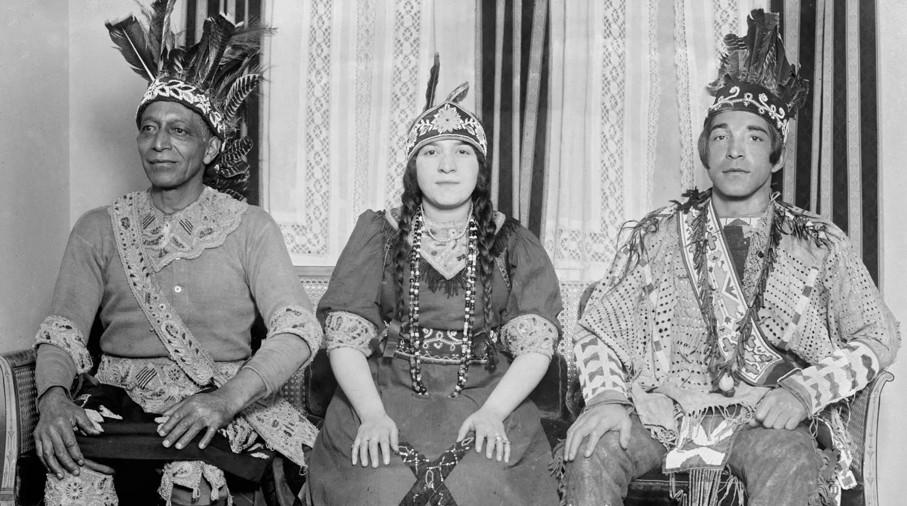
The exact date of Giuseppe Fortunino Francesco Verdi’s birth, whether it was October 9th or 10th, 1813, remains a subject of debate. Born in Le Roncole, a small village near Busseto in the province of Parma, Emilia Romagna, Italy, his parents were Carlo Giuseppe Verdi and Luigia Uttini. At the time of his birth, this region was under French rule, having been annexed as part of the Duchy of Parma and Piacenza.
The baptismal register, dated October 11, 1813, records his birth as having occurred “yesterday.” Given that days were then reckoned from sunset, this leaves the possibility of either October 9th or 10th. Although undeniably Italian, Verdi was registered as Joseph Fortunin François, leading the clerk to note that “for the civil and temporal world, Verdi was born a Frenchman.”
During his childhood, Verdi’s family relocated from Le Roncole to Busseto, where he frequented the extensive Jesuit library, significantly shaping his education. It was also here that he commenced composition lessons. At the age of 20, Verdi moved to Milan to further his studies, receiving private instruction in counterpoint, the art of interweaving distinct melodic lines to create harmonies.
In Milan, he immersed himself in the musical scene, attending concerts and operas, with a particular interest in German music. He dedicated himself to his composing aspirations, and upon his eventual return to Busseto, he assumed the role of the town’s music master. His initial public performance took place in 1830 at the residence of Antonio Barezzi, a music enthusiast and local merchant. Barezzi had unreservedly championed Verdi’s musical ambitions in Milan, and he subsequently appointed Verdi as the music tutor for his daughter, Margherita.
Their bond deepened quickly, culminating in a marriage on May 4, 1836. Margherita bore two children, Virginia Maria Luigia on March 26, 1837, and Icilio Romano on July 11, 1838, both of whom tragically died before reaching the age of two. During this period, Verdi composed his first opera, Oberto, which met with moderate success, leading to a commission from La Scala’s impresario, Bartolomeo Merelli, for three more operas. While working on his second opera, Un giorno di regno, Margherita succumbed to encephalitis on June 18, 1840.
Verdi was heartbroken by the loss of his wife and children, whom he dearly loved. The failure of his second opera compounded his grief, leading him to contemplate abandoning music. However, Merelli convinced him to compose Nabucco, and its premiere in March 1842 catapulted Verdi to fame. Legend suggests that the iconic chorus of Hebrew slaves, ‘Va, pensiero,’ reignited his passion for composing.
For the next fifteen years, Verdi dedicated himself to his craft, producing fourteen operas in what he later described as his “years in the galleys,” a period marked by relentless work and a lack of peace.
After this demanding period, Verdi composed Rigoletto, an opera based on a play by Victor Hugo. Premiering in Venice in 1851, it achieved immediate acclaim and remains one of his most celebrated masterpieces. This success was swiftly followed by Il Trovatore and La traviata, the latter being one of Verdi’s most popular and frequently performed operas worldwide.
Between 1855 and 1867, Verdi entered a productive phase, composing numerous operas, including Un ballo in maschera (1859), La forza del destino (1862), Macbeth (revised version) (1865), Les vêpres siciliennes (1855), Don Carlos (1867), and Simon Boccanegra (1857).

In 1869, Verdi was commissioned to write a requiem mass in memory of Gioachino Rossini, which he completed. However, the performance was canceled at the last minute and was not performed in his lifetime. Five years later, he reworked the ‘Libera Me’ section of the requiem and dedicated it to the esteemed novelist and poet Alessandro Manzoni, who had passed away in 1873. The complete requiem was finally performed on May 22, 1874, in the cathedral of Milan.
Verdi’s grand opera, Aida, followed, premiering in Cairo in 1871. The role of Aida was written for soprano Teresa Stolz, with whom Verdi was rumored to have had an affair.
In subsequent years, Verdi focused on revising some of his earlier works, including new versions of Don Carlos, La forza del destino, and Simon Boccanegra. He then composed the opera Otello, based on William Shakespeare’s play, which premiered in Milan in 1887. While it faced some criticism, many regard it as Verdi’s greatest tragic opera, showcasing some of his most beautiful and expressive music.
Falstaff, Verdi’s final opera, drew inspiration from Shakespeare’s plays The Merry Wives of Windsor and Henry IV and achieved international acclaim.
In 1894, Verdi wrote a brief composition for a French staging of the ballet “Otello,” and in 1897, he completed his final work, the fourth section of the “Quattro pezzi sacri.”
Verdi began a relationship with soprano Giuseppina Strepponi in the mid-1840s. They became devoted partners, cohabitating in a manner that was considered scandalous at the time. They eventually married on August 29, 1859, near Geneva.
In 1848, Verdi purchased a house two miles from Busseto for his parents, where they resided until his mother’s passing in 1851. Subsequently, he and Giuseppina moved onto the estate, establishing their home at Villa Verdi in Sant’Agata in Villanova sull’Arda. They enjoyed their later years there in peaceful retirement until Giuseppina’s death in 1897. Verdi, deeply saddened by her loss, dedicated the next four years to building a retirement home for elderly musicians, a project he considered his “most beautiful work.”
In 1901, four years after Giuseppina’s death, Verdi suffered a severe stroke while in Milan. His health declined rapidly, and he passed away a week later. His funeral service in Milan featured a massive gathering of combined orchestras and choirs, with musicians from all over Italy performing under the direction of Arturo Toscanini. It remains the largest public gathering for any event in Italian history.
Initially, Giuseppe Verdi was interred in the Cimitero Monumentale in Milan, but after a month, his remains were transferred to the crypt of the Casa di Riposo per Musicisti, the rest home he had established.
Giuseppe Verdi was a rare composer whose brilliance was acknowledged during his lifetime, and his operas remain among the most frequently performed globally.







